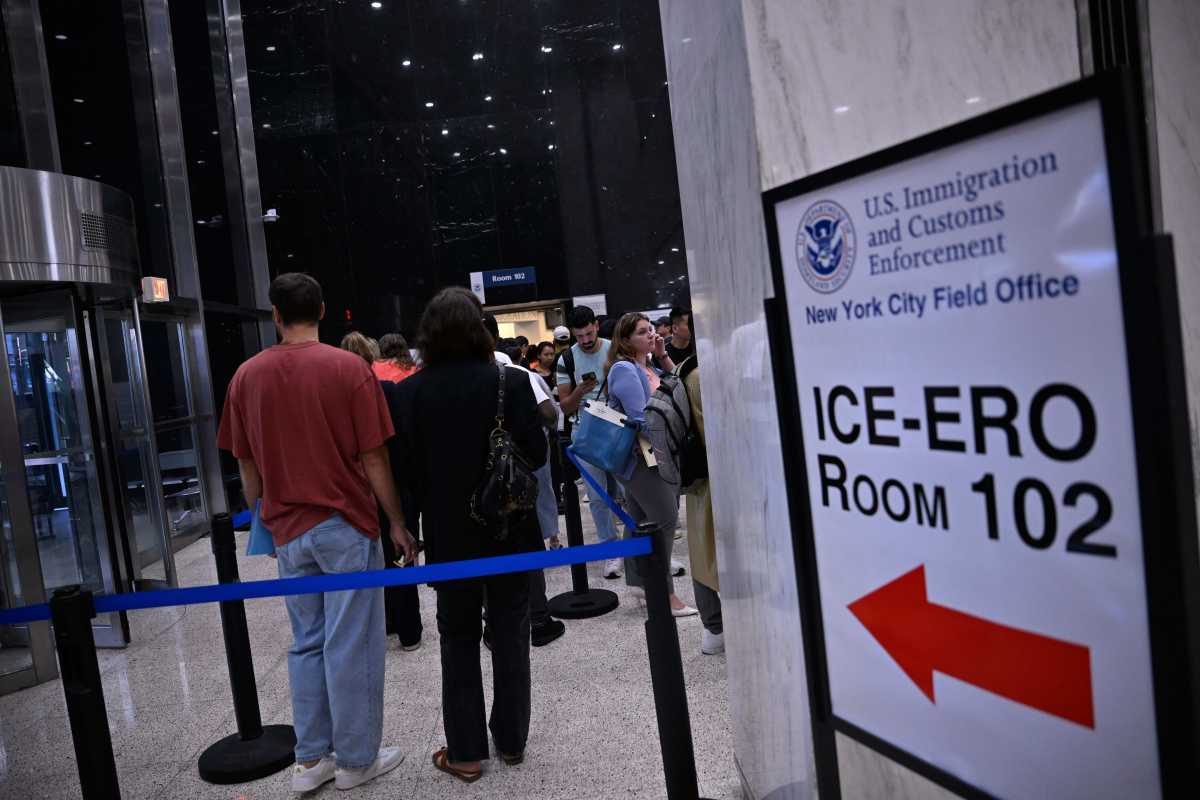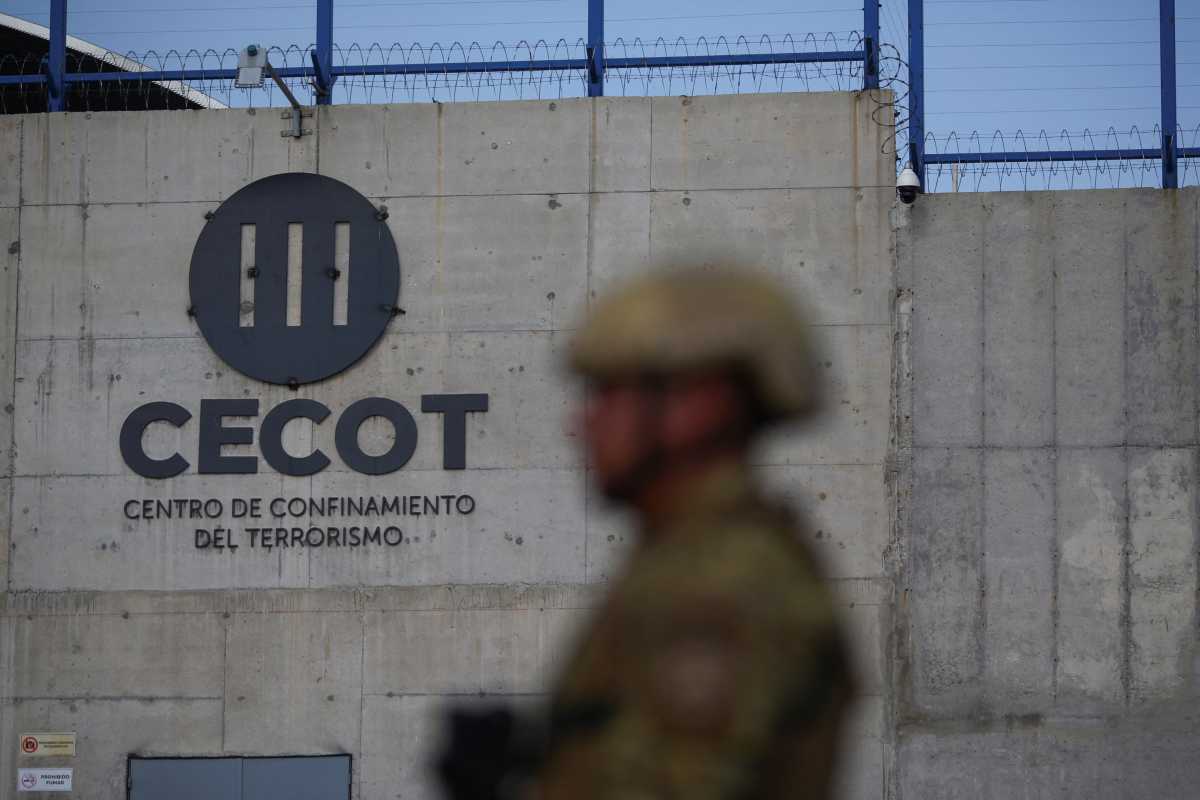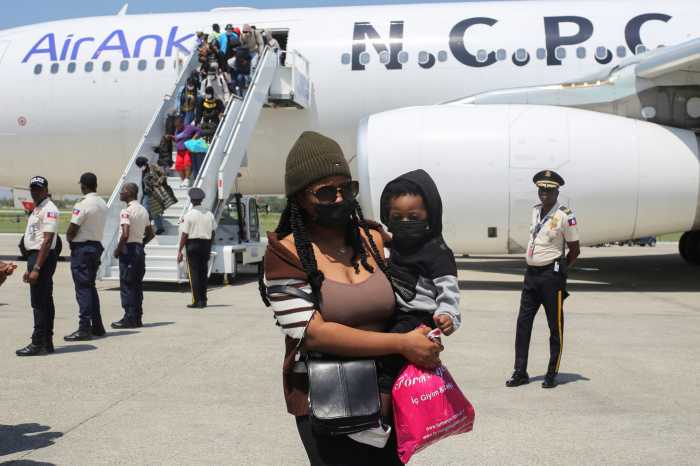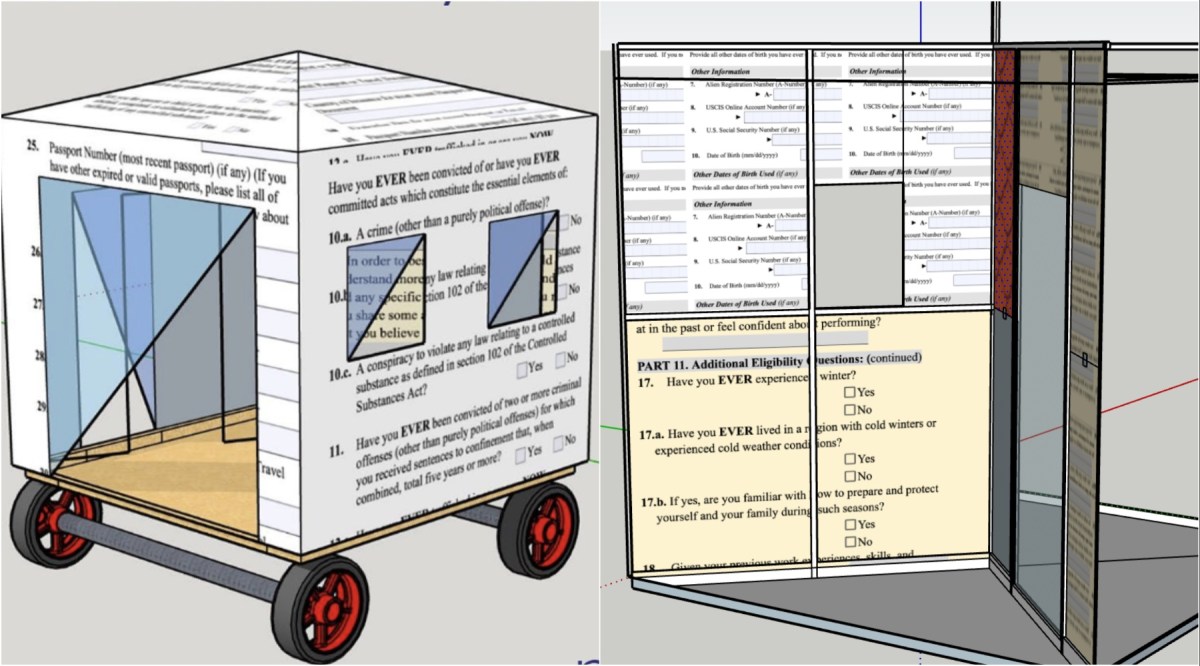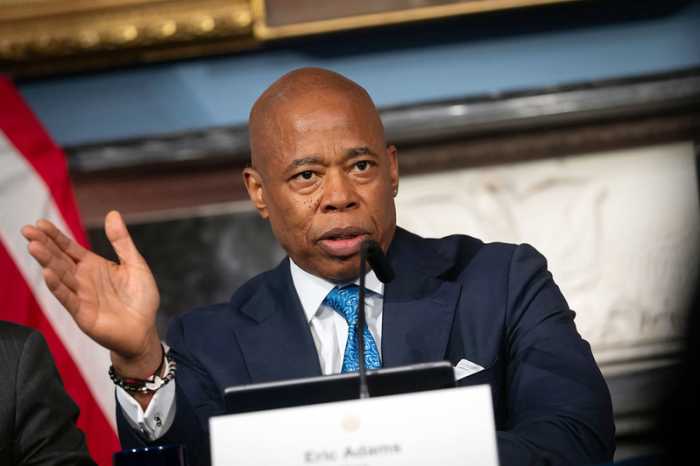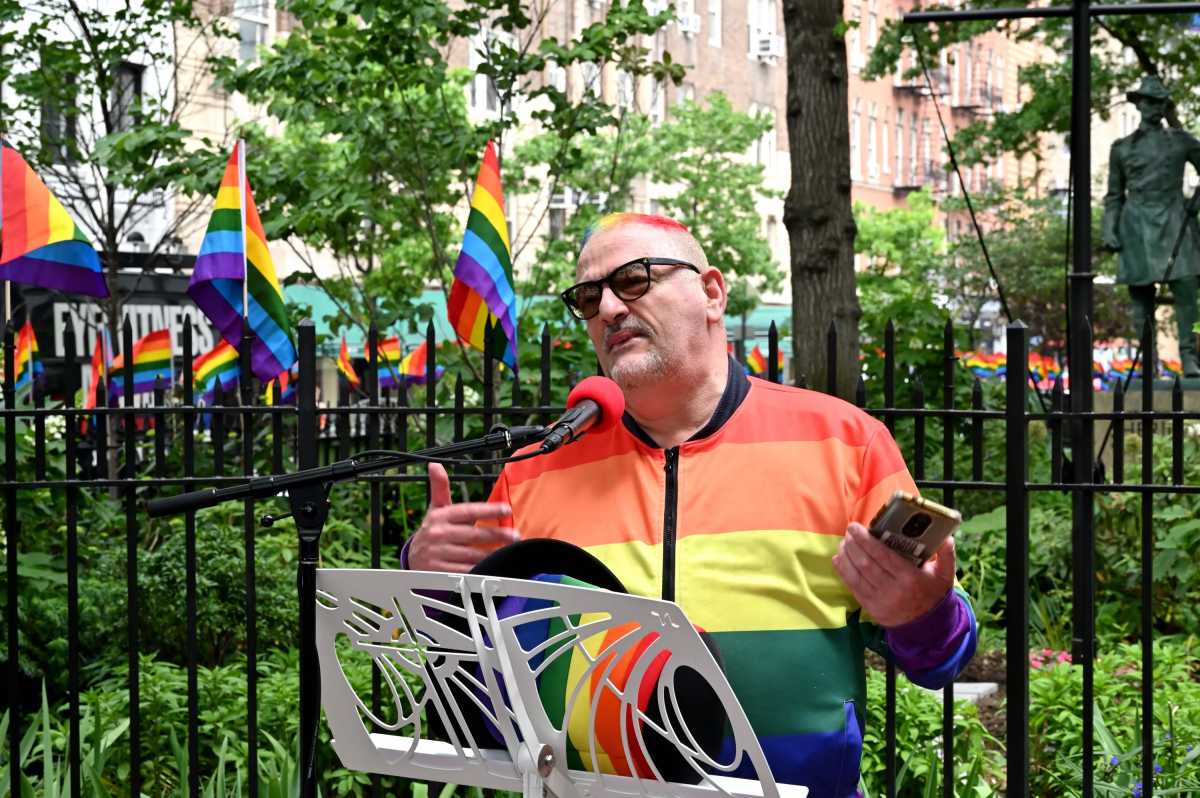New York City has joined a coalition of 13 local governments urging a federal court to block the termination of Temporary Protected Status, or TPS, for immigrants from Honduras, Nepal and Nicaragua, warning that ending the program would “irreparably harm” local communities.
The city signed onto an amicus curiae brief filed Friday in federal court in San Francisco, supporting a lawsuit brought by the National TPS Alliance and individual TPS holders against the U.S. Department of Homeland Security ahead of a scheduled hearing in the case on Tuesday.
The brief urges the court to block the federal government’s plan to terminate TPS for the three countries beginning in August and September.
“The tens of thousands of TPS holders from Honduras, Nepal, and Nicaragua who have built lives and families in amici’s communities will drive amici’s future growth and prosperity,” the brief states. “Amici therefore have a strong interest in ensuring that Plaintiffs’ motion to postpone is granted.”
The TPS program, established in 1990, protects immigrants from designated countries affected by war, natural disasters, or other extraordinary conditions. The federal government may designate a country for TPS if conditions prevent nationals from returning safely. Individuals with TPS are not subject to removal from the U.S., may obtain work permits, and can be granted travel authorization.
If TPS is terminated for Honduras, Nepal, and Nicaragua, thousands of immigrants could lose work authorization and face deportation.
Under President Donald Trump, DHS moved to end TPS for Nepal on June 6, affecting about 7,200 Nepali nationals who have lived and worked in the United States since a devastating earthquake struck the country in 2015. That designation is set to expire on Aug. 5.
On July 7, DHS Secretary Kristi Noem announced plans to terminate TPS for Honduras and Nicaragua, affecting roughly 51,000 and 2,900 immigrants, respectively. Many of those individuals have held protected status since 1999, following the destruction caused by Hurricane Mitch the year prior. TPS for both countries is set to expire on Sept. 8.
The three terminations would revoke legal status from more than 60,000 people across the United States, including in New York City.
Announcing the termination of TPS for Nicaragua and Honduras, Secretary Noem said the designations were “never meant to last a quarter of a century,” claiming that conditions in both countries have improved enough that it is “safe to return home.”

‘Fabric of our society’
Corporation Counsel Muriel Goode-Trufant, representing New York City in the brief, said that abruptly ending TPS will “sow chaos among thousands of families and undermine the safety and economic well-being of the broader community.”
“Temporary Protected Status holders are deeply woven into the fabric of our nation,” she added.
NYC joined the brief, which was spearheaded by Los Angeles County, along with a coalition of jurisdictions that includes Los Angeles, San Diego, Santa Monica, San Francisco, and West Hollywood in California; Boulder County, Colorado; Chicago, Illinois; Somerville, Massachusetts; Minneapolis, Minnesota; Portland, Oregon; and Providence, Rhode Island.
The brief argues that TPS holders are deeply integrated into their local communities and contribute significantly to the economy and public life.
“Most TPS holders have, over years and in many cases decades, formed families, purchased homes, started businesses, invested their savings in their dreams, and otherwise laid roots in amici’s communities,” the friend-of-the-court briefing says.
According to the brief, the loss of Honduran TPS workers in New York alone would result in an estimated $270.3 million annual reduction in the state’s gross domestic product. The brief also states that TPS holders contributed $126 million in state and local taxes in New York in 2021.
The brief also warns that ending TPS will undermine public safety.
“Former TPS holders who remain in the country will lose the work authorization conferred by TPS… They will also be more reluctant to cooperate with police… which will undermine public safety in amici’s communities,” it states.
Another point raised in the brief is that ending TPS would result in widespread family separation, particularly affecting U.S. citizen children whose parents could face deportation. The brief cites data showing that more than 260,000 U.S. citizens live in households with TPS recipients and warns that separating families could cause long-term psychological and physical harm to children, including increased risks of anxiety, depression, and other serious health issues.
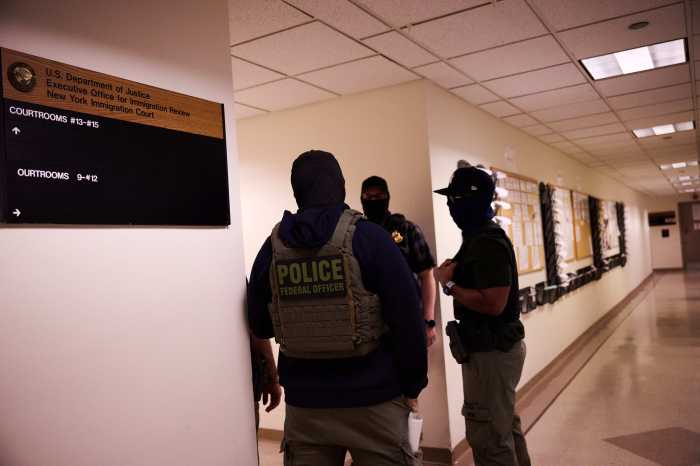
Mayor Eric Adams described TPS as “one of the crucial tools the federal government has to help asylum seekers and migrants contribute to our society lawfully,” adding that the administration is “proud to stand up for the immigrant communities who are the fabric of our society.”
Earlier this month, a federal judge in New York halted the Trump administration’s attempt to cut short TPS protections for Haitians by six months.
Judge Brian Cogan ordered that Haiti’s Temporary Protected Status remain in effect through its original end date in February 2026.



